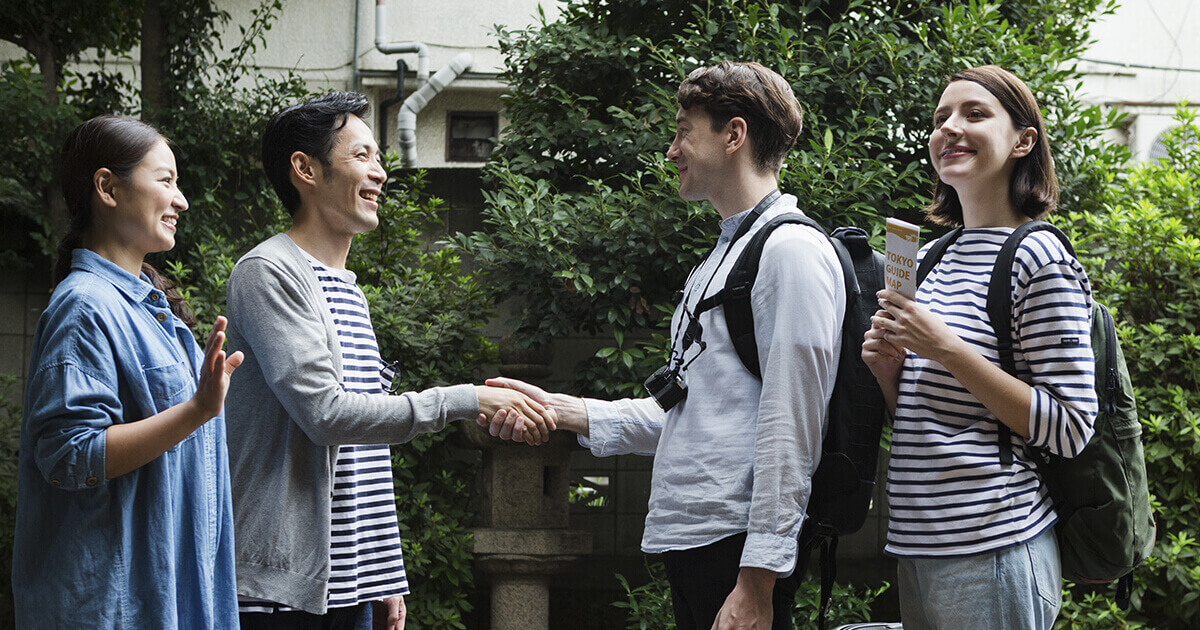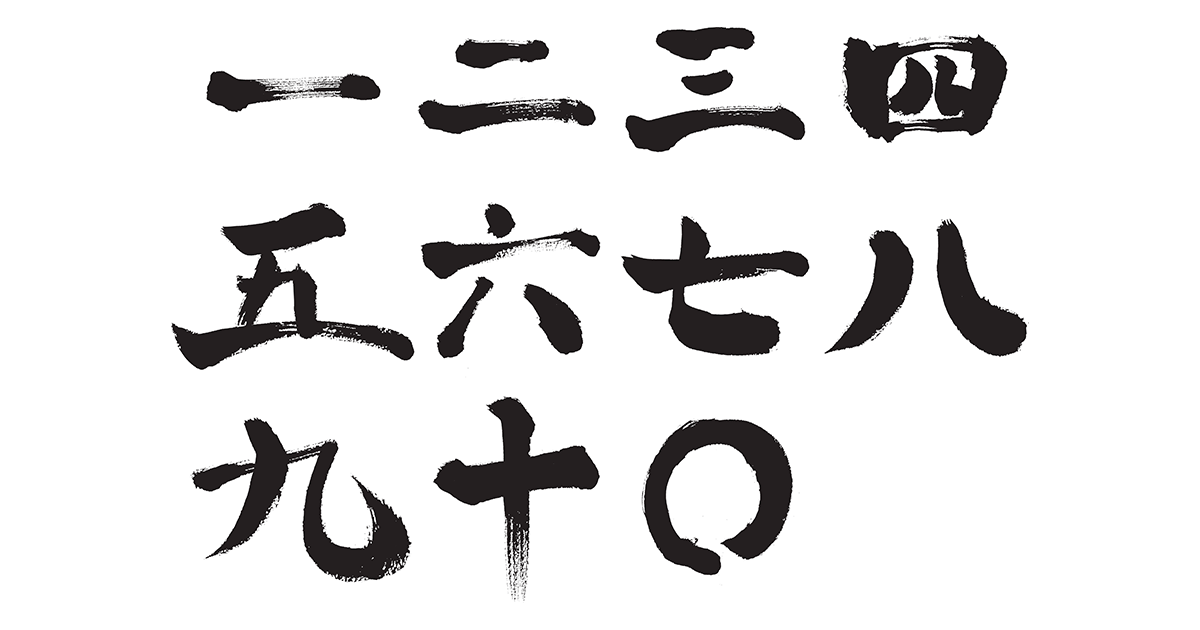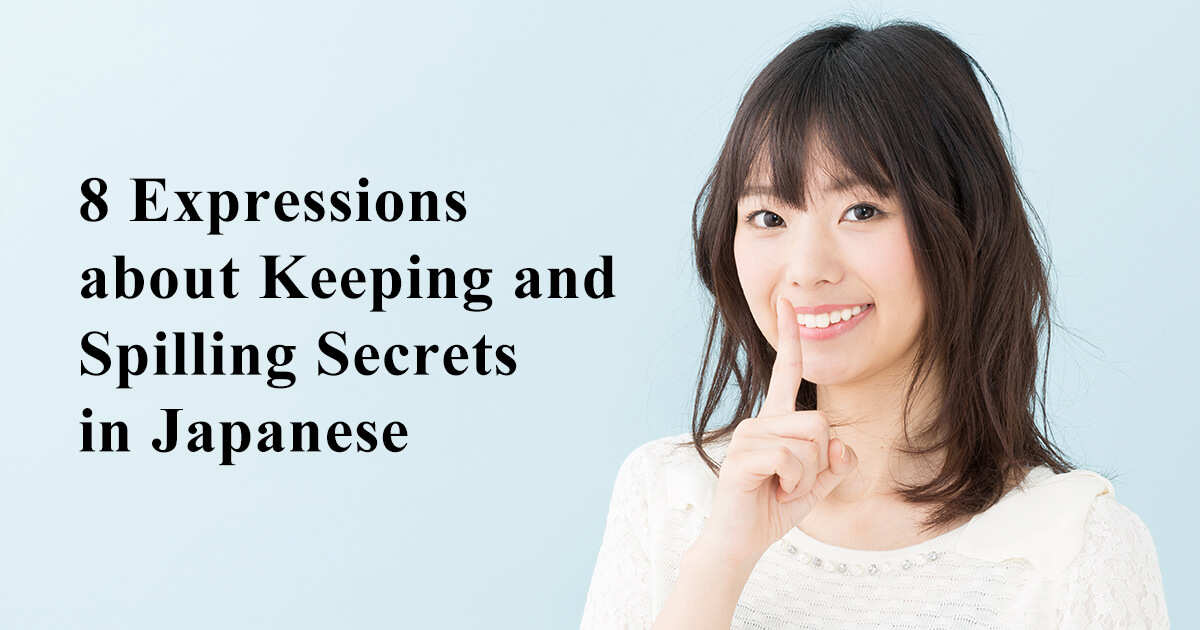
If you’ve watched a few Japanese movies or dramas, you may have heard the word arigatoo. Arigatoo is a fast way of saying “thank you” in Japanese. But do you know that there are many ways of saying “thank you”? And do you also know that these different ways target different people for different occasions? Let’s find out more!
ありがとう Arigatoo
Thanks
This is the most common “thanks” that you hear in TV shows and movies. Arigatoo is a fast and casual way of saying thank you in Japanese. You should only use this when speaking to your peers and junior. An example of saying arigatoo is when your friend lends you a pencil if you have forgotten to bring yours.
ありがとうございますArigatoo gozaimasu
Thank you
This is a more formal phrase than arigatoo and it shows more gratitude as well. You use this form when speaking to someone of a higher social class than you , for example your boss or teacher. You could use this if your boss agrees to extend the deadline for you to submit your report. You can also use it in business or formal situations.
ありがとうございました Arigatoo gozaimashita
This is saying thank you for what happened in the past. Suppose you need to say thanks for an event that happened in the past but you had forgotten about it or did not have the chance to say it then. You can use this phrase to say thank you when you next see the person.
どうもありがとうございます Doomo arigatoo gozaimasu
Thank you very much
This is used to show a greater sense of appreciation and thanks to the listener. For example, if your boss gives you a promotion, you would definitely use doomo arigatoo gozaimasu to emphasize your level of gratitude. Another example is when your friend shows up and picks you up at the airport early in the morning even when you did not ask him to do so. You would also say doomo arigatoo gozaimasu to show your appreciation.
どうも Doomo
Thank you very much (abbreviation)
This is actually an abbreviation of the formal expression doomo arigatoo gozaimasu. The entire phrase might be a mouthful and sometimes you may not have the time or effort to say the whole thing. You may want to just say a quick, polite and formal thank you with doomo. However, take care if you want to use it on your superior. It may be better to use the actual phrase instead of the abbreviation if you do not want to sound too flippant.
すみません Sumimasen
Thank you (with apology)
This is a 3-in-1 expression that actually means “sorry, excuse me, or thank you[LWP1] ” depending on the situation. You can use this phrase when you have troubled someone to do something for you. In this case, it is slightly different from arigatoo gozaimasu because it conveys a sense of apology in addition to the usual thank you.
サンキュー Sankyuu
Thank you
This is a slang popular among young people to say thank you. Because the pronunciation is the same as the numbers 3 (san) and 9 (kyuu), “39” is used in text messages to mean thank you.
おおきにOokini
Thank you (Osaka dialect)
BThis is thank you in Osaka dialect. The original meaning is “very much”. It is commonly used in restaurants in the Kansai area. You may hear this being used when you go for a holiday in these areas..
心(こころ)からお礼(れい)申(もう)しあげますKokoro kara ore mooshiagemasu
I express my heartfelt thanks
This is one of the popular expressions of saying thank you in a very formal manner. It is mostly used in business writing and speeches.
感謝(かんしゃ)申(もう)しあげます Kansha mooshiagemasu
I express my appreciation
This is the humble expression of saying “thank you”. It is used in business writing or speeches to express thanks to customers or superiors.
As you have seen from the above, saying thank you is not a simple matter in Japanese. A simple rule to remember is that the longer the expression, the more polite and formal it is. Using the right expression at the right time facilitates smooth communication and paves the way to stronger relationships in the future.
You may have heard of the following 8 essential Japanese greetings but do you know the nuances behind some of them? Let’s find out more! おはようございます Ohayoo gozaimasu Good morning This is a polite greeting to mean “good morning” to …







